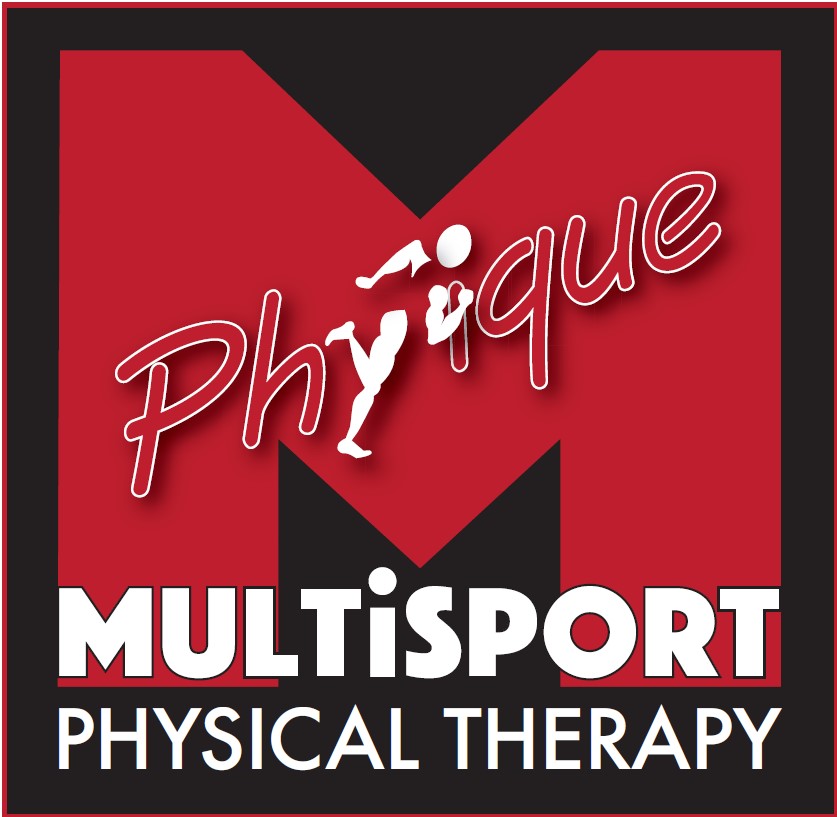Steve Diggs

I recently had the pleasure of sitting down and talking triathlon with Steve Diggs (SD). I hope you enjoy eavesdropping on our Ironman conversation.
CZ: How did you get introduced to the sport of triathlon?
SD: Oddly enough, I did biathlons, later called duathlons in the late 1980’s and I cut my teeth on the Bud Light Duathlon Series. I swam as a kid, so when Team in Training decided to get into triathlon, I decided to add swimming into the mix and was on the first TNT tri team in 1999.
CZ: Which Ironman distance races have you done?
SD: You should say, "which Ironman distance races have done me". I did IM Canada 2001, IM New Zealand 2002 and IM Canada again just last year.
CZ: Which one of those was your favorite experience and why?
SD: I think that most people have fond memories of their first, and I'm no different. When I went to Penticton, BC in August 2001, I had no idea what I was getting into. Every day moved in slow motion, and I met the most amazing individuals who look like ordinary people. Not to mention that I was totally amazed that I crossed the finish line in one piece. After the first one, the distance of Ironman is still 140.6 miles, but it seems shorter, or at least more possible than it did before you complete one.
CZ: What was it like racing so far from home in New Zealand?
SD: Just because IM New Zealand wasn't my favorite doesn't mean that I don't recommend the experience, especially the New Zealand part. The flight takes forever, I drove halfway across the country (on the opposite side of the road) in one day to arrive on-time, the food is very different, and the people are nicer than anywhere else in the world. One thing that people should bear in mind: The Kiwis are very serious about sport and they come to play! Not to mention that IMNZ
takes place at the end of Southern Hemisphere summer, so these folks are in peak condition. I, on the other hand, had the sophomore curse of doing about 75% of the required training, and those Kiwis had me for lunch! But, when I was done (in the rain), I was in New Zealand, one of the most beautiful places on earth. My advice is, if you go, race according to your training, and stay in NZ at least 10 days to see both the North and South Islands.
CZ: What is it about the Ironman distance that intrigues you?
SD: Well, Ironman isn't a triathlon, as far as I'm concerned. It is so long in terms of time that when I'm on the bike portion, I've totally forgotten about the swim. Also it's one of the world's most complex sports-related puzzles. You can do everything right and still count on something going wrong. I suppose that the trick is to have so many weapons and experiences in your 'arsenal' that you can handle almost anything. There's just so many ways to approach the IM puzzle.
CZ: What advice do you have for people taking on their first Ironman this year?
SD: The best thing is to train in some structured manner. Don't just workout mindlessly or do what someone else is doing, research the problem, find a suitable training program and execute it. Too many people train out of fear and end up killing themselves, then they're toast on race day. Consistency and staying healthy is the key to getting the medal. Roch and Huddle have frequently said that it's better to be 20% under trained than 2% over trained, and it's so true.
Non-intuitive, but true.
Also, on the day, take it all in and say uplifting things to your fellow competitors. If you get a flat, fix it and move on. Don't let negativity rule the day, take control and just think positively. Afterall, Ironman shouldn't be physically possible, so we know that most of it is all in the mind. Rarely has optimal training and negative thinking produced a good result.
Finally, we know there is a lot of training hours that go into an IM. Don't forget your loved ones, your pets, your job. This is the part that I struggle with, but after the race, you have to face all of these people and situations. Make sure that you can talk about more than your finisher's medal at the end of the season.
CZ: What Ironman race are you doing in 2003?
SD: I swore that I would take a year off and be a normal person, you know, training less than 12 hours a week and mowing the lawn. However, I caught the bug again and signed up for Ironman Revisited this August in Hawaii. It's the original Ironman course that involves the Waikiki Rough Water Swim, the Ride around Oahu, and the Honolulu Marathon. Basically, it was a glorified bar-bet in 1978, and it grew into the Superbowl of multisport. It's like getting the opportunity to run the legendary marathon course in Greece. How could I say no? Besides, it's a fundraiser for the Challenged Athletes Foundation, the organization that makes the impossible possible for thousands of physically challenged athletes. Finally, there's no time limit, you can receive outside aid (I'm looking forward to a plate lunch on the bike), and you get the original, 'hole-in-the-head' Ironman trophy. It's too perfect to pass up!
CZ: How did you get involved with the Challenged Athletes Foundation (CAF)?
SD: Long before I knew about CAF, I was a member of the Leukemia and Lymphoma Society's Team in Training Program. I became a mentor, and finally coached for them for three years. It's a great organization that changes people's lives on both sides of the equation, since it provides most of the funding for curing blood related cancers. I can't say enough about how that organization does good things and you meet the highest caliber people.
Anyway, I did my first San Diego Triathlon Challenge (SDTC) a few years ago and I was hooked. The day was magical, and I've done every SDTC since then. I can't understand why anyone would ever miss that event. As time went by, I started doing more and more with CAF, like linking TNT and CAF together in one fundraiser called Teddies N Tennies. It’s a hash, much in the tradition of the Red Dress Run, but everyone wears lingerie, every dime of the proceeds goes to both charities. This gave me an opportunity to work with Virginia and Tabi and really see how great the organization is, from the inside.
CZ: What is your role with the Challenged Athletes Foundation?
SD: I have no official role with CAF, I'm just a volunteer. However, I am one of 10 CAF volunteers who have decided to start a group called Concerned Athletes. We're a loose knit bunch who manage the operations of a team of athletes who have decided that helping others goes hand-in-hand with athletic pursuits. This year, we've decided that we're raising money for CAF and the Inner City Games Foundation. The name of our training group is Team CAF. I will serve as the coach this season, and we've managed to convince the race director of Ironman Coeur d'Alene to give us extra entries, long after the race had closed. So, if any TCSD members would like to train for this event with other fun-loving people, not to mention helping these two charities reach their financial goals, give them my work telephone number 858-534-2230! We train together every weekend, and we welcome all levels of triathletes. As a matter of fact, Willie Stewart, this year’s winner of the Triathlon Challenge is a part of our team. We have a really simple model. Raise money, race, and have a lot of fun in the process.
CZ: You are a very determined guy to take on so much. CAF is a volunteer gig for you. What is it about that organization that has turned you on so much?
SD: Well, as I said before, it's the people that make any organization great, and CAF has some of the best. It's a local charity, and every year, you can see exactly where your money goes and what it does for others. This real appeal, in my opinion, is subtle. While they may not be saving lives per se, they are improving the quality of life for so many people with physical disabilities, but not physical limitations.
CZ: How can people contribute to CAF with time or money?
SD: Where do I start? There's just so much to be done. One of the best ways is to call or go into the office and ask them what they need. If you don't have money, they're always looking for volunteers to help the process of helping others get done, from office work to lifting heavy boxes. By now, most people are aware of the San Diego Triathlon Challenge, one of the most amazing days in the San Diego. Just when you don't think that you can finish, you end up cycling or running with someone who has a physical challenge, but no limits in their mind about what they can accomplish. It’s so uplifting!
I could go on and on, but the best way to get started is to contact Melissa Garner-Mitchell, TCSD Member and Volunteer Coordinator for CAF, at 858-793-9293.
CZ: Hey Steve, thanks for your time. Good luck in Hawaii. You will rock!








